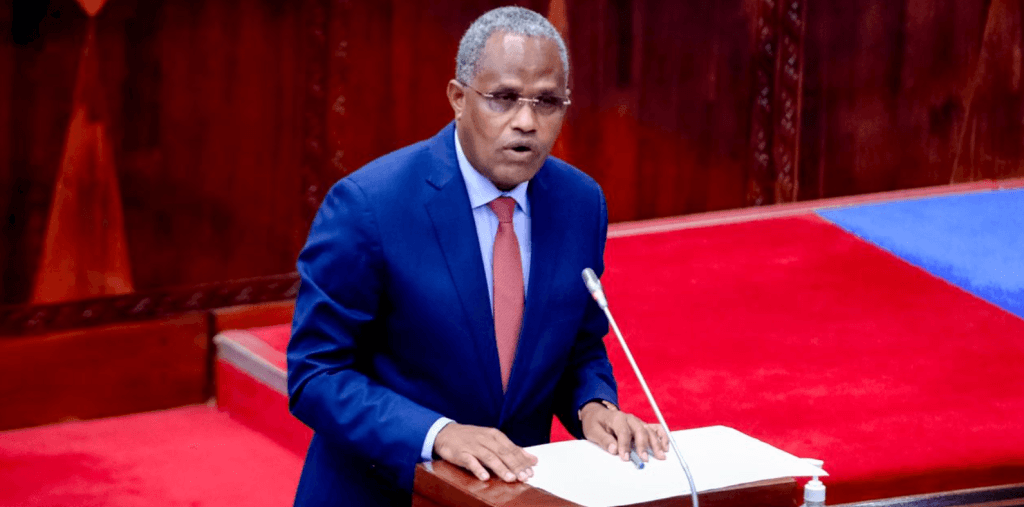Tanzanian government has introduced a new strategic plan aimed at increasing food self-sufficiency within the country’s prison system. The Five-Year Strategic Plan (2025/26–2029/30) will focus on expanding irrigation farming as a key driver of agricultural productivity across correctional facilities.
Deputy Minister for Home Affairs, Daniel Sillo, announced the initiative in Parliament during the Questions and Answers session on Wednesday. He was responding to a query from Lulindi MP Issa Mchungahela, who asked about measures being taken to reduce reliance on external food purchases and improve prisoner welfare.
According to Mr Sillo, the Tanzania Prisons Service has already developed a framework to scale up irrigation agriculture in prison farms. The plan targets the production of 46,267 tonnes of maize, 6,359 tonnes of rice, 7,757 tonnes of beans, and 1,750 tonnes of cooking oil by June 2030.
“Irrigation will be central to our efforts in achieving these production targets,” Mr Sillo stated, emphasizing the role of modern farming techniques in increasing output.
In a follow-up question, MP Mchungahela raised concerns about the long-term impact on inmates, noting that many still rely on government food subsidies and struggle after their release. He asked what steps were being taken to ensure that prisoners acquire valuable skills alongside their agricultural duties.
Mr Sillo reaffirmed that the strategic plan aims not only to improve food security within prisons but also to equip inmates with practical agricultural skills for life after incarceration.
“The goal is to meet the dietary needs of inmates while also contributing to the national Consolidated Fund,” he said. “Through this initiative, prisoners will gain hands-on experience that supports their rehabilitation and smooth reintegration into society.”
The plan is expected to reduce dependence on government food supplies, enhance self-reliance, and promote sustainability within the correctional system.



